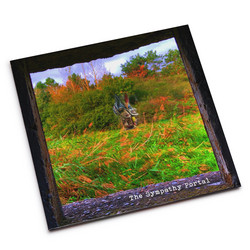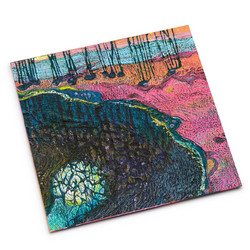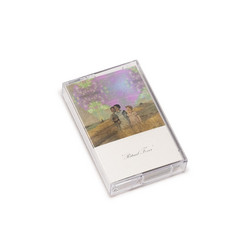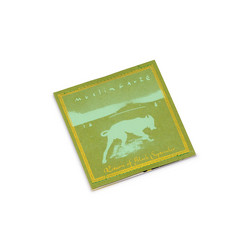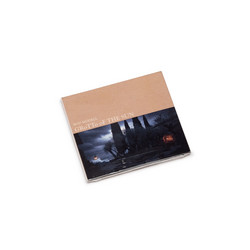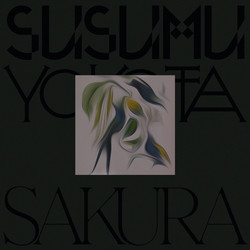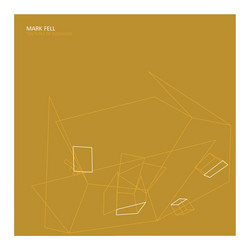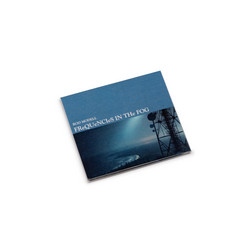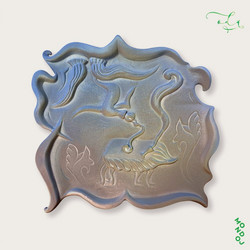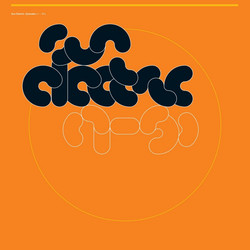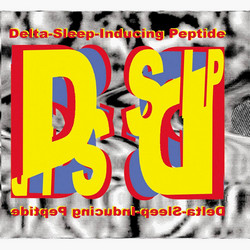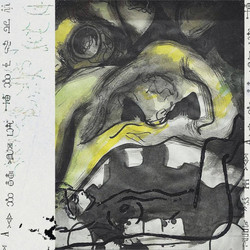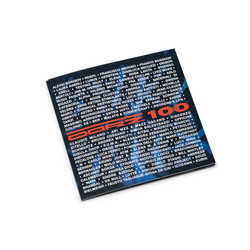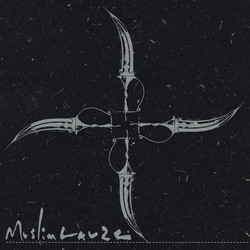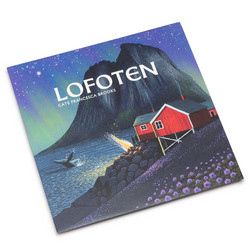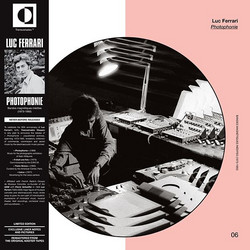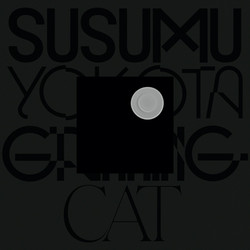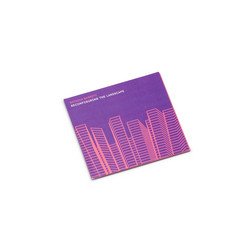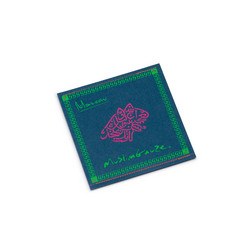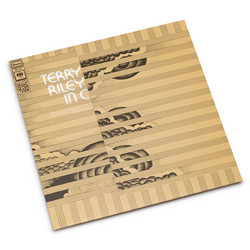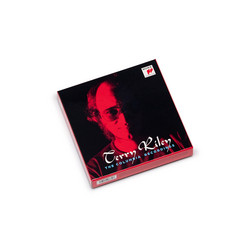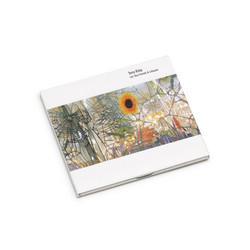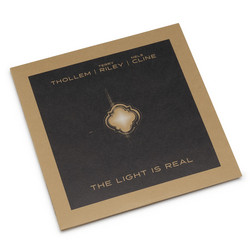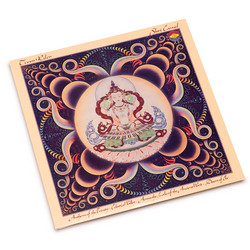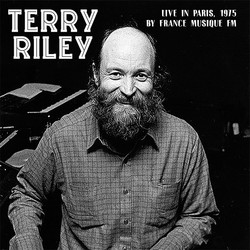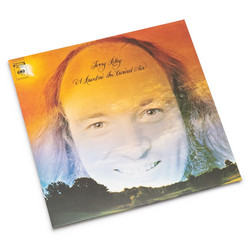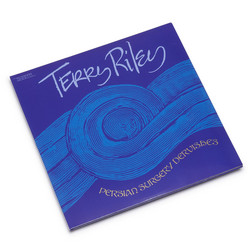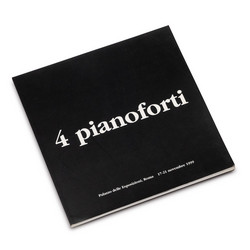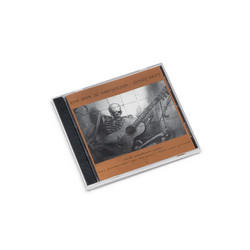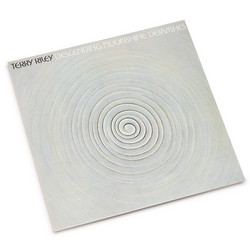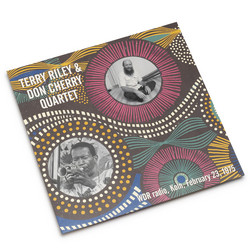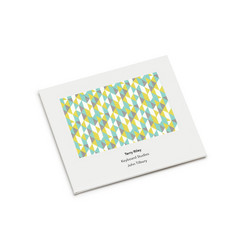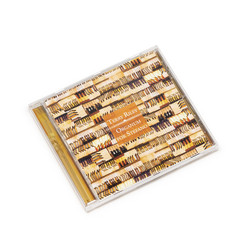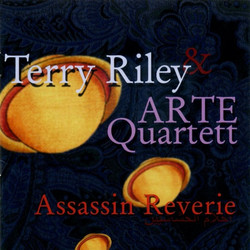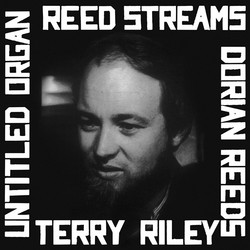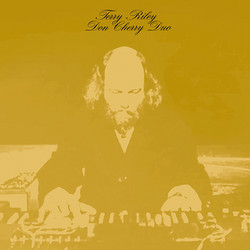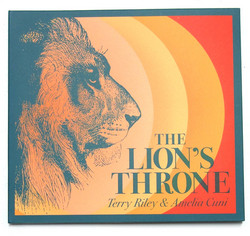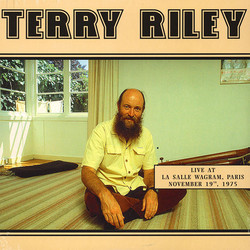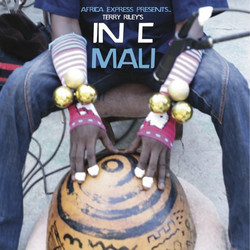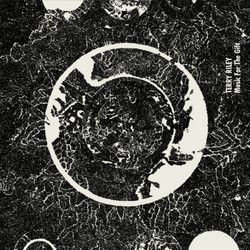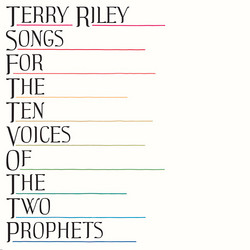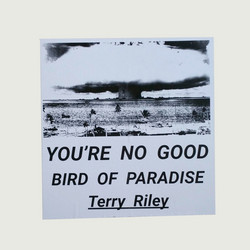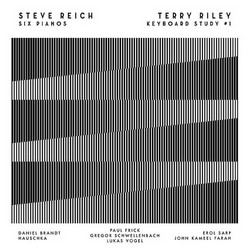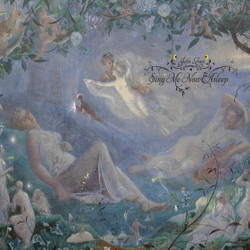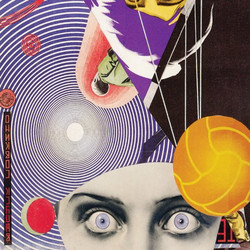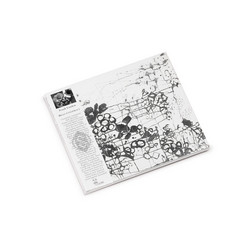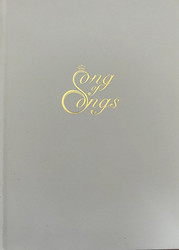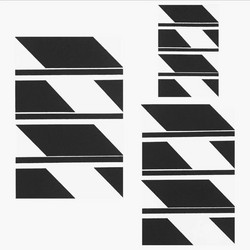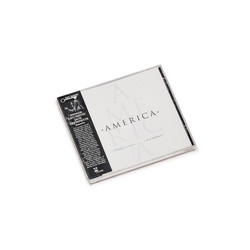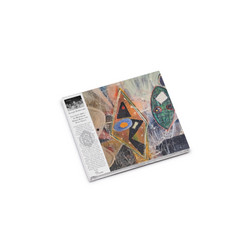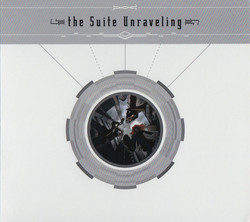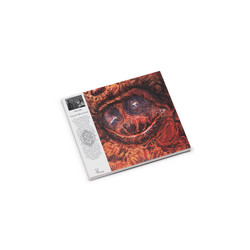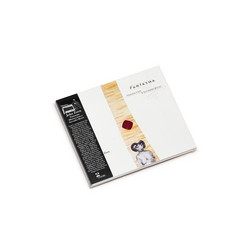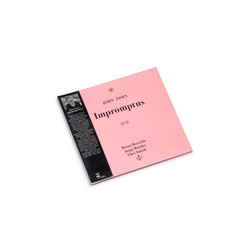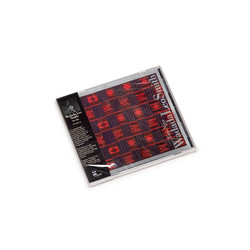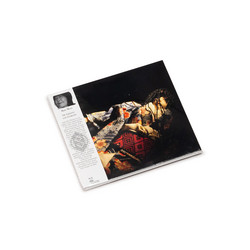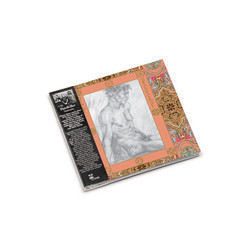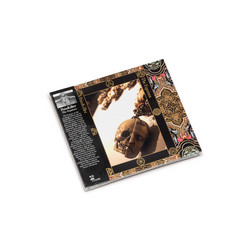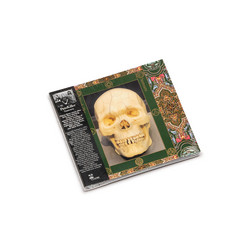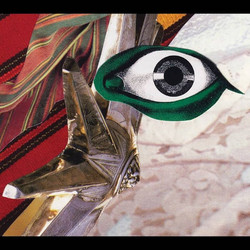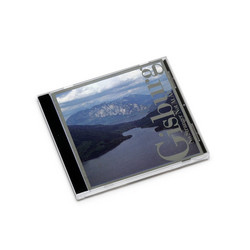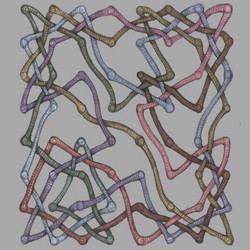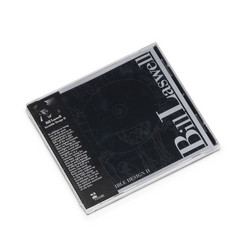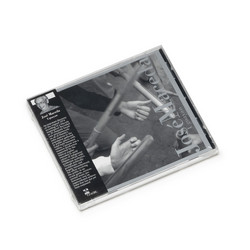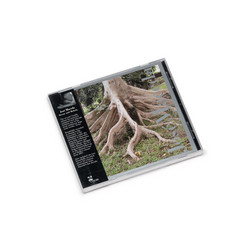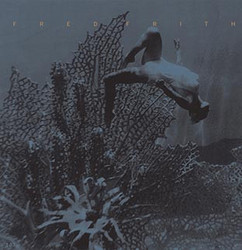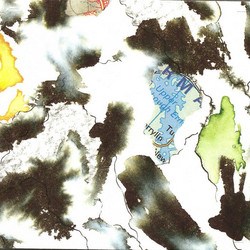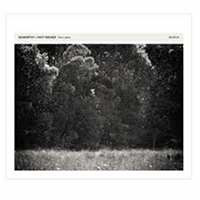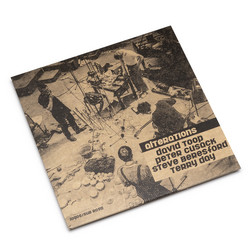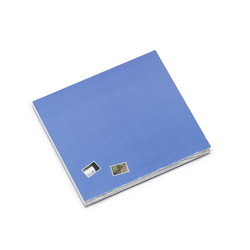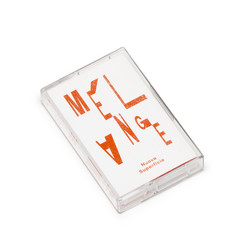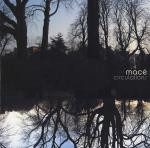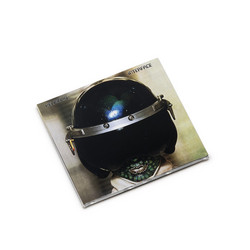In his liner notes to Aleph, Terry Riley explains that the work was created as "an improvised meditation on the various meanings of this supreme emanation from the Hebrew alphabet." It was made using a Korg Triton Studio 88 synth with his own sound design, and employing a just intonation scale used by Lou Harrison on his last work, "Nek Chand for Just Intonation National Steel Guitar," which was performed by Riley's son Gyan on the album Serenado. Riley has been using the scale for some time. The weird thing is that this set, as beautiful as it sounds, was originally recorded as an MP3 rather than a WAV file. It appears the composer was too occupied with his inspiration to bother about the details in his home studio setup, but Aleph was painstakingly restored by Scott Hull. Comprised of two discs, the length of this piece resembles, to a lesser degree, Riley's "All Night Flights" and "Sleeping Bag Concerts" of the 1960s.
But there is more at work here than adhering to scales and inspiration. Dynamics shift throughout. Pauses, elongated notes, microtones, and overtones feed and emanate from one another; simple drones meet not by chance, but by disciplined intuition (which, the listener can infer, comes from the composer's longstanding practice of meditation -- and the skeptic can disregard as nothing of the sort). The Triton sounds like a looped soprano saxophone in some places and an organ in others. The sheer number of phrases and statements is so plentiful -- even with repetition -- that it is impossible to count them. There are phases when notes of indeterminate length and number are pulled together, then separated again, as pulses and even melodic clusters.
That said, this cannot be called "minimalism" -- that would be too easy, and wildly incorrect. There is no strategy at work on Aleph, which is perhaps what makes it work so well. Randomness is here, but it's guided by something in the composer's developed, but not necessarily conscious, aesthetic. To that end, cutting it into two discs -- of different lengths by over 15 minutes -- must have been a hellish chore. Aleph makes one wish that both sides of a compact disc would be recorded on, then read in sequence, so there would be no break. Riley has used many of his strengths in this focused "meditation" or "improvisation," or however you wish to define it. He has drawn no particular attention to one aspect of the recording or another. It's as if all of the music here simply came into being at once, from the ether, without beginning or end; but that's impossible. Right? - Thom Jurek, Allmusic.com
